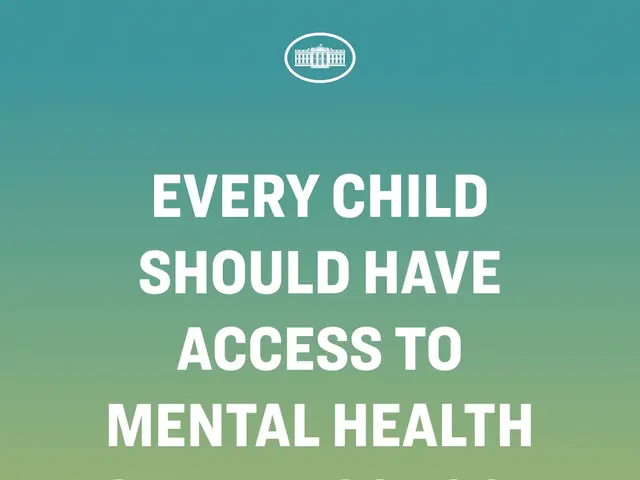Just Dying: Upcoming Issues and Personal Preparations in End-of-Life Care
"People generally avoid contemplating their mortality"
In the realms of medicine and death, complex ethical questions abound. Topics like medical aid in dying, advance healthcare directives, and AI technology have sparked debates on personal autonomy, religious beliefs, and the role of technology in a person's final moments.
Currently Tackled Questions
- Medical Aid in Dying (MAID):
- With limits on MAID reserved for terminally ill patients with a prognosis of six months or less, controversy persists around the issue. This restriction aims to avoid coercion and prevent the use of MAID as a response to broader systemic health concerns.
- The ethical debate rages on, with religious and disability groups expressing reservations. The medical profession is increasingly favoring neutrality, especially among younger practitioners.
- Advance Healthcare Directives:
- Patient autonomy plays a significant role in advance healthcare directives, allowing individuals to express their wishes regarding end-of-life care. This can include decisions on life-sustaining treatments.
- Yet concerns arise when patients lack the capacity to make decisions, requiring surrogates to act on their behalf.
Future Challenges
- Artificial Intelligence in Palliative Care:
- AI presents opportunities to increase efficiencies and personalize palliative care, but raises concerns about algorithmic bias, privacy issues, and potential dehumanization.
- Prioritizing patient-centered care, equity, and human interaction is essential when integrating AI into end-of-life care.
Preparing for the Future
- Craft Advance Directives:
- Draft living wills or durable powers of attorney to outline your preferences for end-of-life care.
- Ensure that these documents are accessible to healthcare providers and loved ones.
- Communicate with Providers and Loved Ones:
- Discuss your personal values, goals, and end-of-life care preferences with healthcare providers and loved ones.
- Make sure everyone involved is clear on your wishes.
- Consider Palliative Care:
- Engage with palliative care services early to maximize quality of life and manage symptoms effectively.
- Look into the ways AI and technology can support palliative care while adhering to ethical considerations.
- Periodically Update Documents:
- Review and revise your advance directives and other relevant documents as your preferences or circumstances change.
By taking these steps, individuals can ensure their end-of-life care aligns with their values, and that they confront the ethical complexities that come with these decisions.
In the context of preparing for future end-of-life care, it would be beneficial to consider the integration of AI technology in palliative care as it presents opportunities for personalized care but also raises concerns about algorithmic bias and privacy issues. Moreover, vocational training programs in health-and-wellness, mental-health, and science sectors could equip individuals with the necessary skills to navigate complex ethical issues surrounding end-of-life care, such as advance healthcare directives and community policy discussions related to medical aid in dying.






